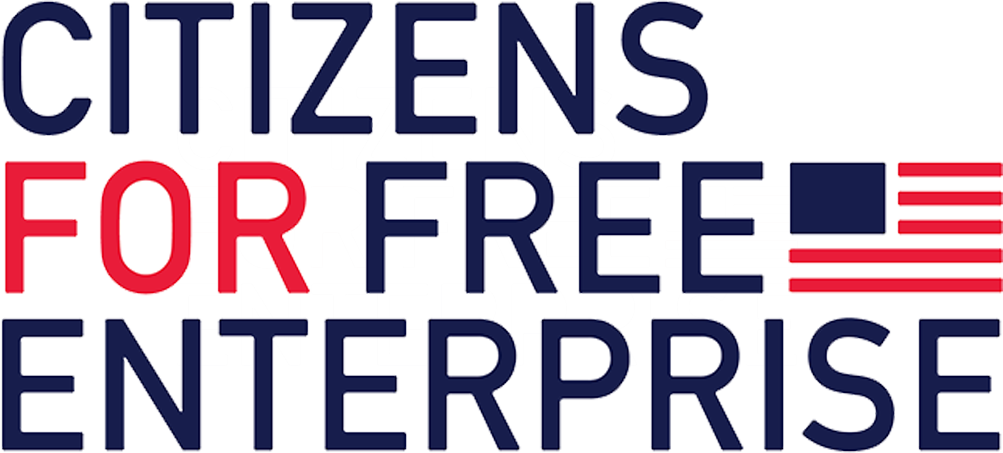FROM: Citizens for Free Enterprise Action
TO: Interested Parties
RE: Arizona 2025 Legislative Session Analysis
The Arizona Legislature adjourned its 2025 regular session on June 27. At 165 days the session was five days longer than last year’s session, but still significantly shorter than the record long session in 2023. Overall, legislators considered more than 1,850 different bills and resolutions. Of the 439 measures passed by the legislature, Democratic Governor Katie Hobbs signed 265 and vetoed 174.
With divided government, and narrow partisan splits in both legislative chambers, any major legislation affecting free enterprise was unlikely to pass this session. Overall, the final result generally favored free enterprise, as the most harmful pieces of legislation died in the legislature and a handful of positive bills made it through.
Importantly, the number of positive bills that became law was severely limited by Governor Hobbs’ pursuit of a new veto record. Governor Hobbs’ more head scratching and anti-free enterprise vetoes this session included stopping bills to combat the threat posed to Arizona by the Chinese Communist Party (HB 2542, SB 1027, SB 1109); prevent fraud and abuse in public benefits programs (HB 2121, HB 2122, HB 2449, HB 2450, SB 1071); and anti-corruption measures to bring transparency and prevent public funds from being used to influence elections (HB 2895, SB 1036, SB 1612).
KEY TAKEWAYS
We applaud state policymakers for largely protecting free enterprise by balancing the budget without major tax increases while also preserving school choice programs in the state. Two other major positives from the legislative session are worth highlighting:
- The most promising new law from Arizona’s legislative session protected private property and Arizona businesses from interference by out-of-state unions. This crucial change will protect Arizona from turning into California by preventing the abuse of the zoning process against the development of new housing when a company builds new headquarters in the state. This change means more jobs in Arizona, because companies will no longer have to worry about out-of-state unions trying to hold up the zoning process when a company won’t promise union jobs.
- Although several standalone bills that would have increased Arizona’s personal property tax exemption for independent businesses failed, lawmakers successfully included the increase in the final budget that was signed into law. Thanks to the budget change, the tax exemption nearly doubled to $500,000. There are thousands of independent businesses across Arizona, and at a time when these businesses face significant uncertainty this tax change will provide some much-needed relief.
HARMFUL LEGISLATION DEFEATED
Nearly as important as the positive bills that passed the legislature were the numerous harmful bills that didn’t make it into law. Harmful bills this session would have raised taxes, imposed costly new regulations on independent businesses, dismantled school choice, repealed right to work, or generally rolled back free enterprise in Arizona.
- There were a number of radical environmental bills proposed this session, including costly new permitting requirements and bills that would enable frivolous private lawsuits. However, the most radical bill that would have had an immediate negative impact on Arizonans and independent businesses would have banned shopping bags at check out. While some cities that have taken these steps focused on only plastic bags, this bill was so extreme it would have banned paper bags too or required stores to charge customers for each bag they needed.
- The most extreme and harmful bill of the session was introduced by Senator Analise Ortiz to impose a new single payer, socialized medicine system in Arizona. The proposal’s government-run health insurance scheme would be overseen by a board of government bureaucrats and impose billions in new tax increases on Arizonans. Fortunately for Arizonans, the radical bill never made it out of a committee.
Bottom Line: While free enterprise victories were hard to come by, the 2025 legislative session was generally positive for free enterprise, as the most harmful bills were stopped and several beneficial bills for independent businesses made it through the divided government.

